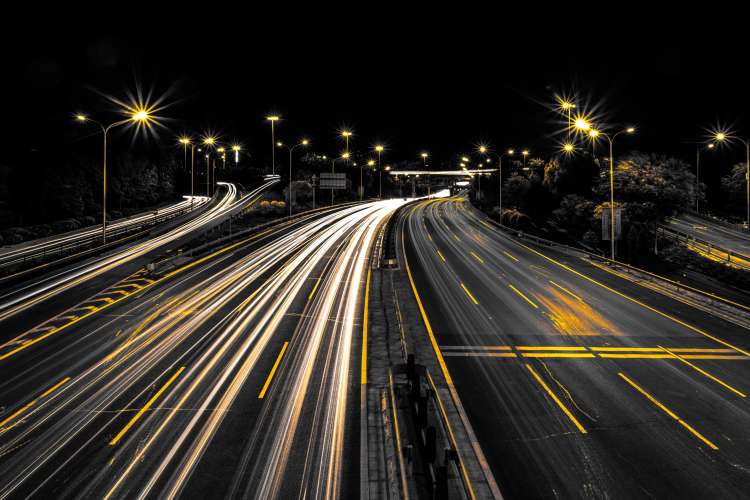Highway construction programme: India’s highway projects have encountered significant delays, with new awards for construction in 2023-24 dropping by half. Officials say that the reasons behind the current slowdown have been largely addressed and expect the awarding of contracts to accelerate in the coming months. However, the reality on the ground tells a different story. The government had set a target to award highway projects covering 12,500 kilometres in this financial year, but it may not materialise.
The ministry of road transport and highways (MoRTH) reported to the Union Cabinet a delay in approving the revised proposal for its flagship Bharatmala Phase-1 highway development programme. The cost for Bharatmala Phase-1 has now escalated to over Rs 10 trillion, double the initial estimate.
READ | Slowing FDI inflows: India needs to simplify regulations, cut red tape
Although the government planned to award a 12,500 km stretch this fiscal year, it only managed to award 2,595 km for national highway projects between April and October. This represents a staggering 48% fall compared with the same period last year when the government awarded 5,007 km. The decrease in awarded projects was attributed to some government agencies exhausting their project pipeline. These agencies now need to prepare new stretches for bidding.
Length of national highways in India from financial year 2003 to 2022
In the previous fiscal year, the government constructed 10,300 km of national highway. The most significant growth occurred in FY 2020-21, with 13,300 km constructed. The pace of highway construction has increased from 11.6 km per day in 2014 to about 30 km per day currently, and the government looks to increase this to 50 km per day.
To meet this year’s targets, the government must expedite its decision on the revised Bharatmala Phase-1 proposal or an alternative programme. The MoRTH has indicated that this year’s shortfall will impact construction progress in the next financial year.
Launched as an umbrella programme for the highways sector, Bharatmala Pariyojana seeks to enhance road traffic efficiency nationwide by addressing critical infrastructure gaps. The project plans to cover an extensive 34,800 km in phases. Bharatmala Pariyojana Phase-1, approved in 2017, was delayed by the coronavirus pandemic and other issues, pushing its completion five years beyond its 2022 target. The project’s cost has also significantly increased.
What’s slowing highway construction project
The ongoing economic slowdown has had a significant impact on India’s highway construction programme. The decrease in government spending has made it more difficult to finance new highway projects. Additionally, the slowdown has also dampened private investment in the sector. As a result of these challenges, the government has been forced to slow down the pace of highway construction. This has had a negative impact on India’s economic growth, as improved highways are essential for reducing logistics costs and boosting trade.
Given these challenges, the government is considering an alternative highway development programme, which may incorporate future phases of Bharatmala Pariyojana. Apart from higher land acquisition costs, the project faces funding challenges. The government is exploring additional investments from market-collected funds and private investment. It is also considering auctioning completed highway projects and seeking foreign debt and bond market investments.
While construction has been slow this year, it typically accelerates in the last financial quarter due to favourable weather and target fulfilment pressures. Industry experts anticipate a resurgence in contract awards in 2024-25, particularly after the Lok Sabha elections.
To boost highway construction, the government is reconsidering the BOT (build, operate, transfer) model. The National Highways Authority of India (NHAI) may offer a tenth of its road awards next fiscal year through BOT, allowing private investors to finance, build, and operate projects over 20-30 years, recovering costs through tolls. However, this model poses financial risks, and private interest has been weak. The NHAI’s previous attempt to assign projects on a BOT basis was in 2020.
India’s ambitious highway construction programme is vital for achieving the target of making the country a $5 trillion economy, as improved highways can reduce logistics costs and have a positive impact on voters

